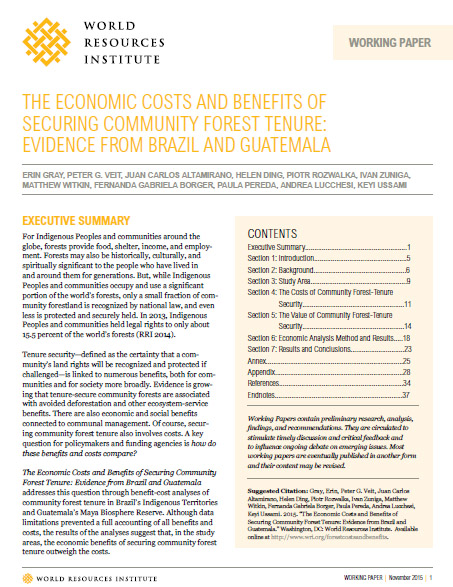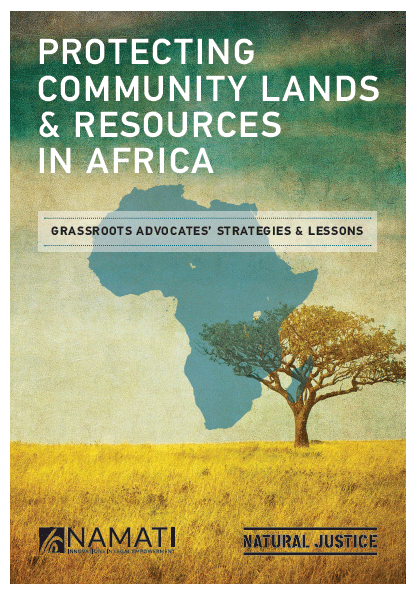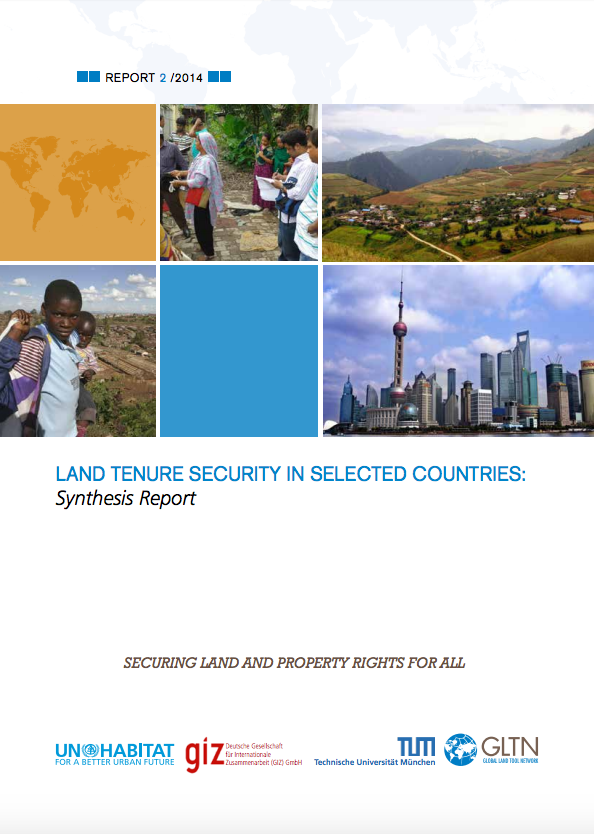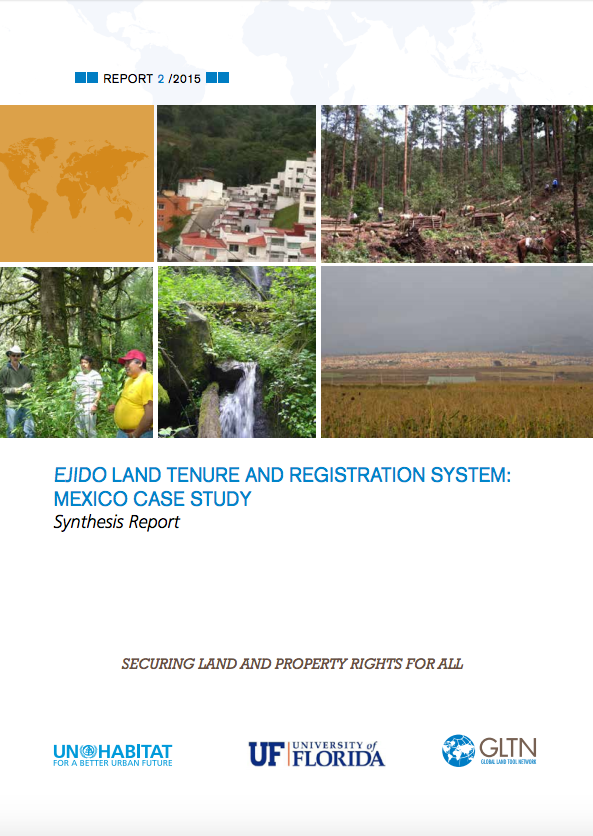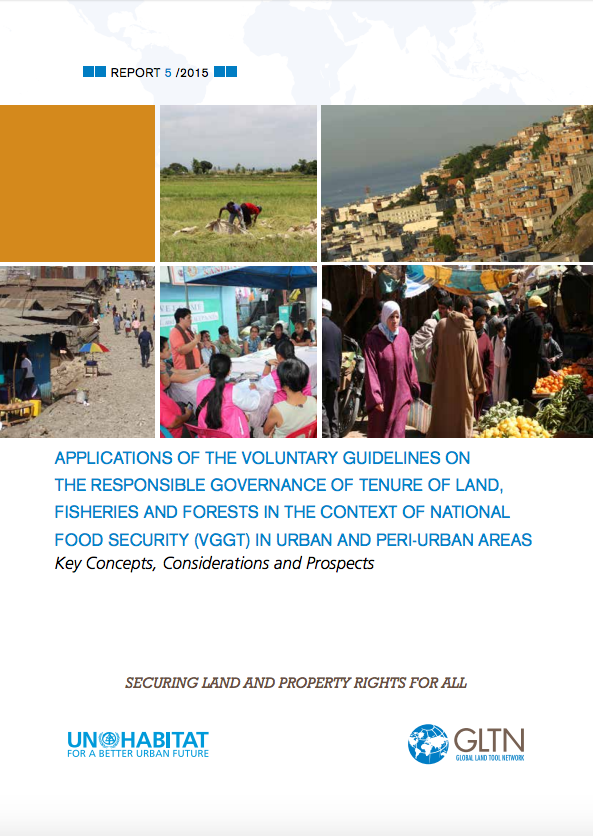Land rights for African development
A wide range of issues are captured and reiterated in the 12 briefs contained in this collection. These include: the prevalence and importance of customary tenure; the prevalence and importance of common property arrangements; constraints to women’s access under both customary and statutory tenure; the need to secure common property and other forms of tenure; and the importance of broad based participation to secure broad consensus among multiple actors in order to enhance the efficiency, equity and sustainability objectives of land tenure reforms.





